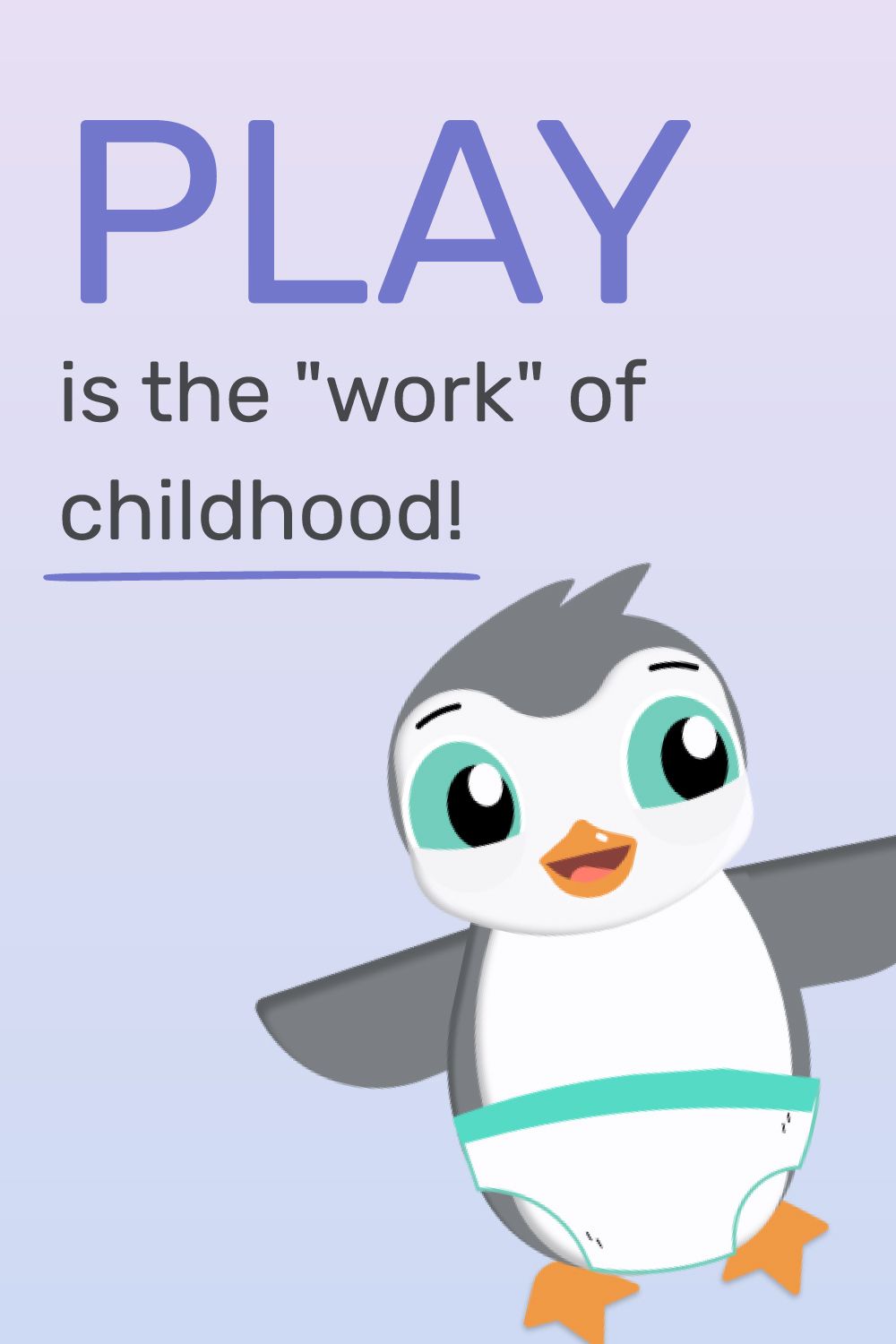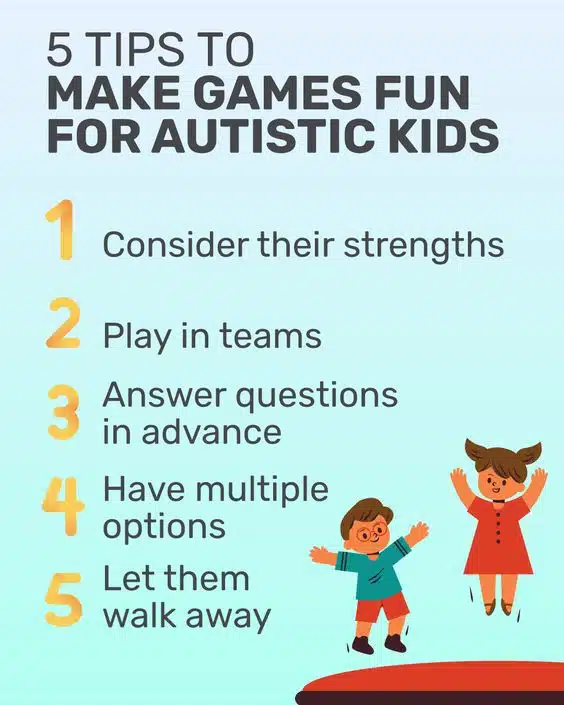Meet Susie, a bright and imaginative child. One day, Susie decides to embark on a grand adventure in her backyard:
- Armed with a cardboard box, Susie declares it’s her spaceship, ready for intergalactic exploration.
- She dons a shimmering cape, instantly transforming into Captain Starlight, a fearless space explorer.
- In her mind, the swings become alien planets to discover, and the sandbox morphs into a cosmic crater.
- She encounters “space creatures” (squirrels) and communicates with them using her trusty “galactic translator” (a plastic toy).
- As Captain Starlight, Susie’s imagination soars, and she narrates her epic journey to her plushie crew.
Susie’s symbolic play isn’t just fun; it’s a window into her cognitive and social development. Through her imaginative adventure, she learns problem-solving, storytelling, and empathy, all while exploring the vast universe of her creativity. Symbolic play, like Susie’s space odyssey, is vital to a child’s growth and self-expression.














